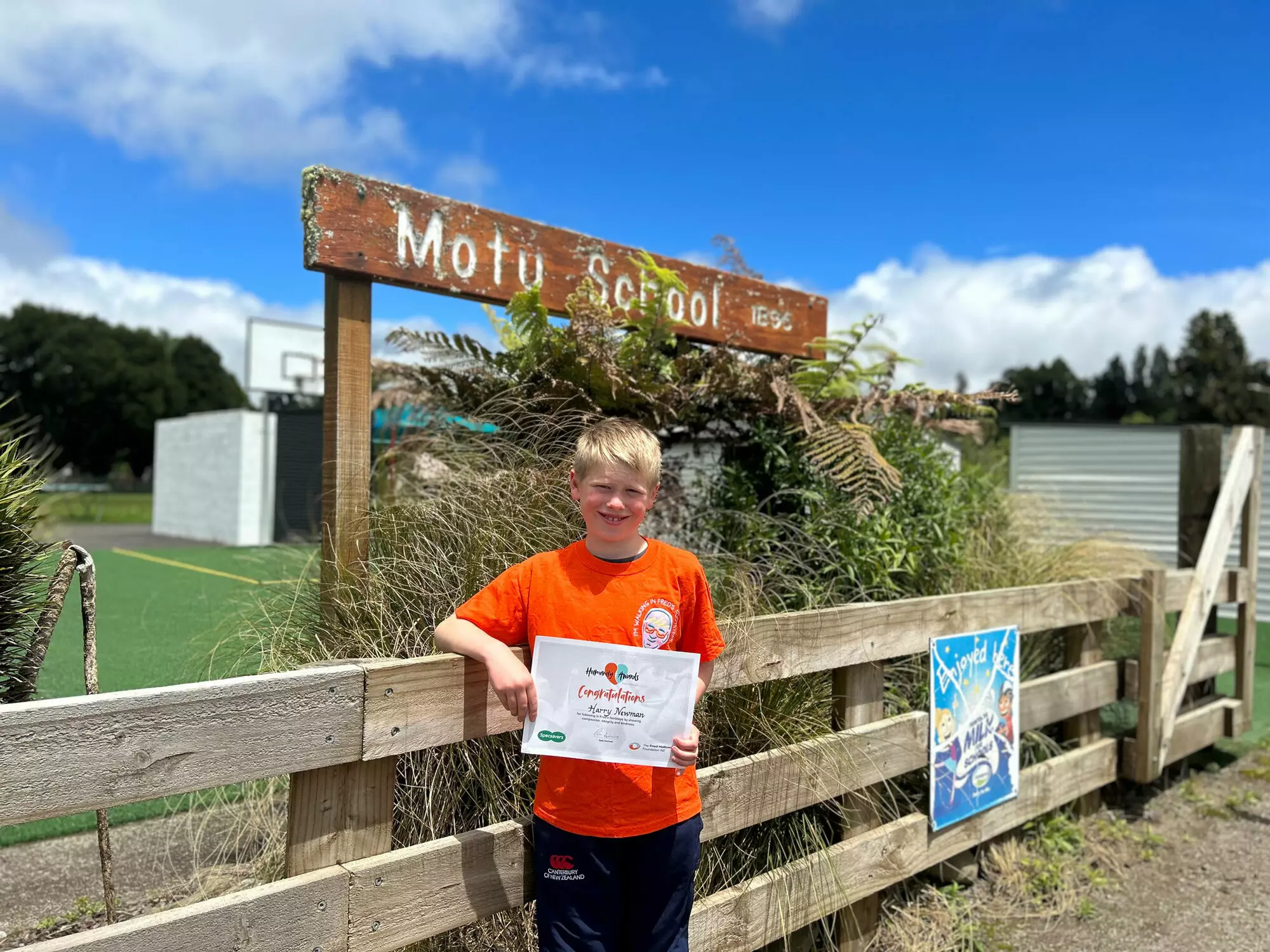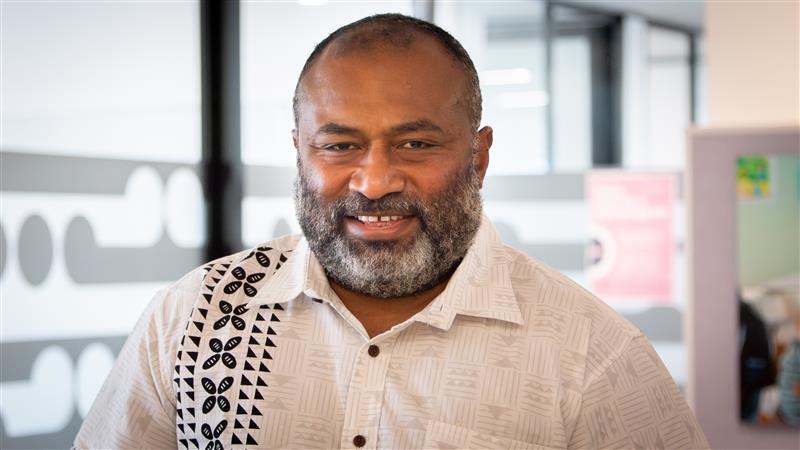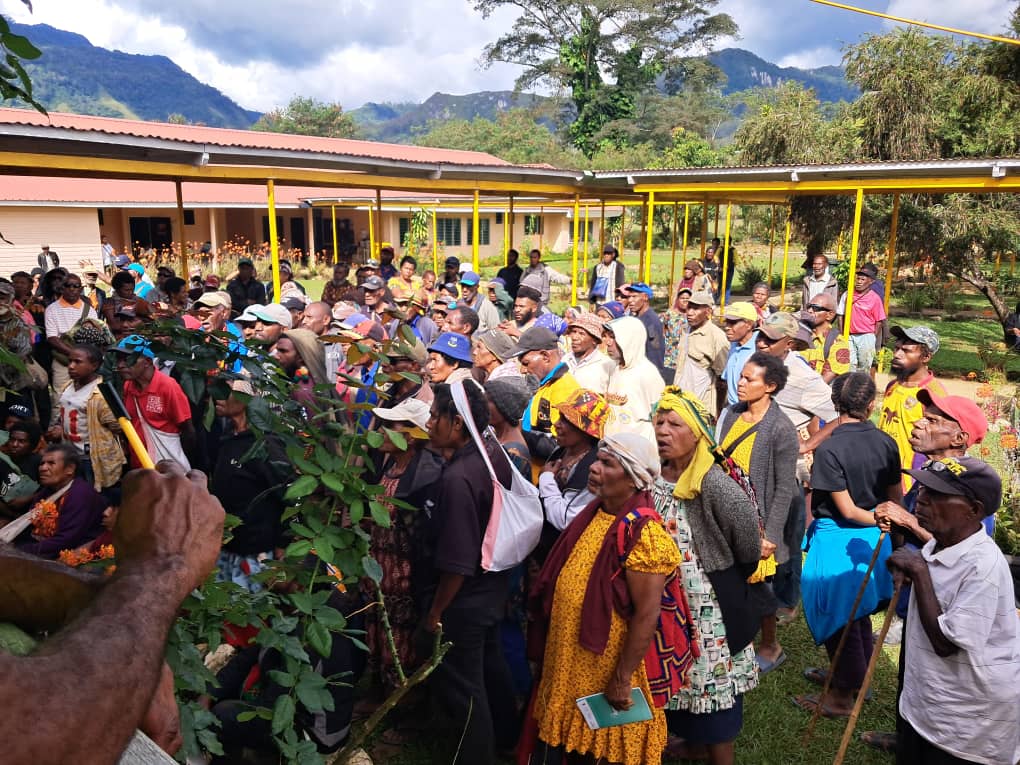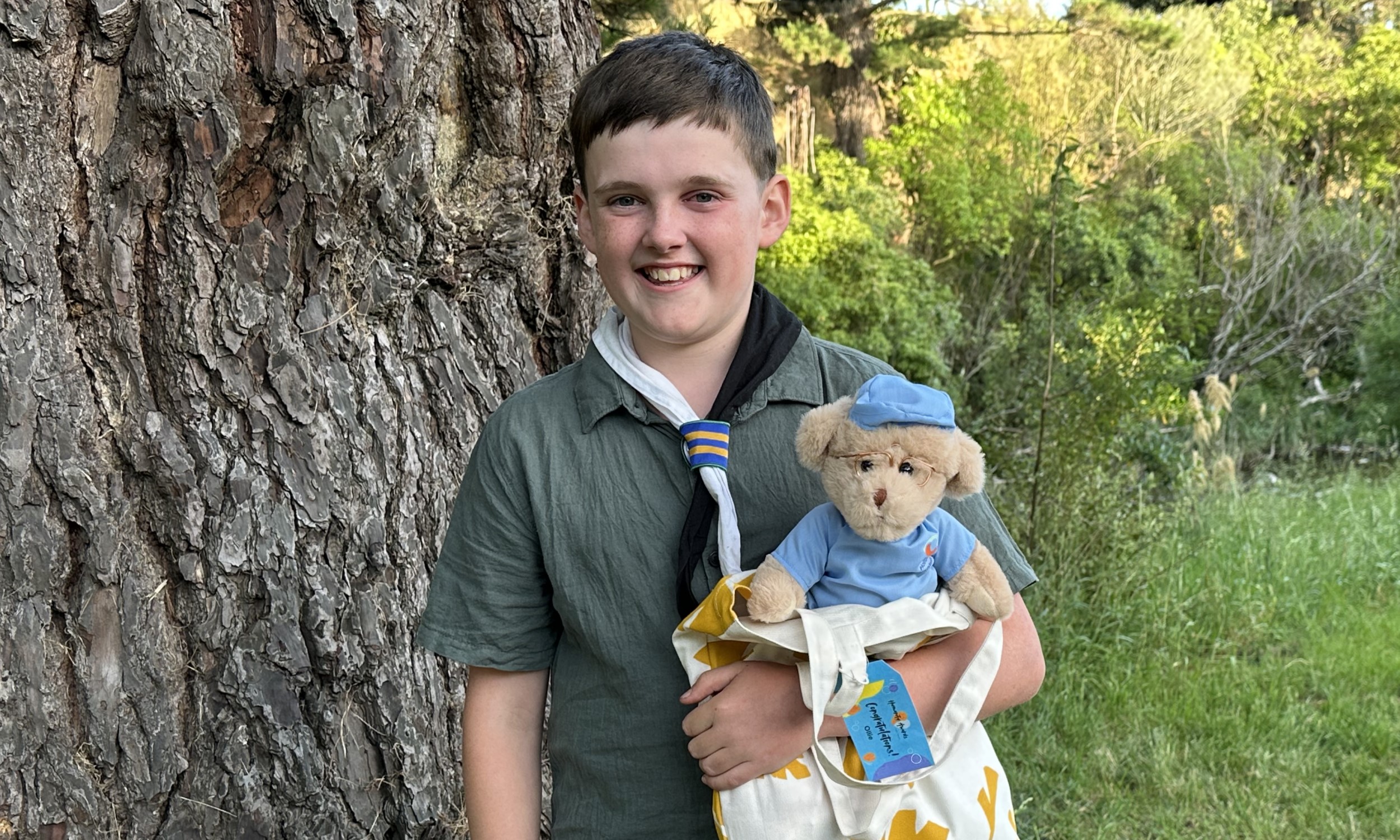Harry Newman from Motu School in the Gisborne region was recognised for his passion and environmental action at a ceremony this week where he was crowned the Fred Hollows NZ Humanity Award Junior Ambassador.
Harry lives in a very rural and isolated spot near the Whinray Reserve – an ecological reserve for Kiwi that reach 1kg to be released in. Harry recently helped release Kiwi hatchlings with the Department of Conservation. During Conservation Week Harry initiated a restoration of pathways in another bush reserve next to his school.
The Fred Hollows Humanity Awards, now in their fifth year in New Zealand, are inspired by legendary New Zealander and founder of The Fred Hollows Foundation NZ, the late Professor Fred Hollows. The Awards recognise young New Zealanders who strive to make the world around them better and embody the values of compassion, integrity, and kindness.
Hannah Moorhouse, Principal at Motu School, who nominated Harry for the award says, “Harry is very aware of his surroundings and the importance of preserving them, he demonstrates compassion, integrity and kindness and has a big heart”.
Receiving the award was as special for the family as it was for Harry, who couldn’t quite believe he’d won. “We are very proud and humbled really, Harry is a lovely little boy and it’s amazing that he has been recognised in this way,” says Harry’s mum, Paula Newman.
Harry will also extend his good work by directing $5,000 to a Pacific Programme run by The Foundation, thanks to charity partner Specsavers.
Chief Executive Officer of The Fred Hollows Foundation NZ, Dr Audrey Aumua, says the young New Zealanders who received Fred Hollows Humanity Awards this year have shown the compassion, initiative, and courage to take action to make the world better for others, encapsulating the qualities of Fred Hollows.
“Fred championed the right of all people to have high quality and affordable eye care and he spent his life standing up for that right.”
“There are so many young New Zealanders stepping up to support their fellow students and communities and it is wonderful to recognise and encourage that,” says Dr Aumua.





